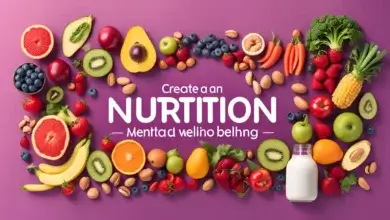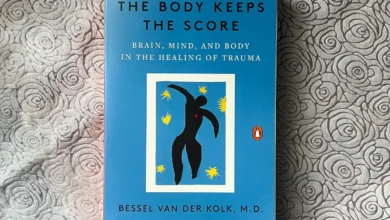
- Physical Health Comes First
- Eat a Balanced Diet
- Develop Positive Relations
Table of Contents
In the quest for happiness and a good life, everybody ought to cultivate good health. Good health not only offers a physically fit body but also helps in maintaining mental and emotional fitness. Here is an in-depth look at the three essential healthy habits that every person should develop so that one can live a good and happy life.
Physical Health Comes First
Physical activity is the keystone of a healthy lifestyle. On the other hand, regular exercise has fierce effects on the body and mind, turning them into very significant contributors toward overall happiness and well-being.
Benefits of Regular Exercise
Improved Physical Health: It helps to have a normal weight, strong muscles, and bones with reduced risk of diseases like heart diseases, diabetes, cancer, etc. This improves cardiovascular health and hence, raises stamina and energy amongst a person.
Improved Mental Health: Exercise is a potent antidote to stress, anxiety, and depression. It encourages the release of endorphins, which are natural elevators of mood in the body to create a feeling of well-being and reduce symptoms of mental health disorders.
Better Sleep: Regular physical activity, performed helps prescribe the en-grained pattern of sleep, thereby giving a good amount of deep and restful sleep. Good sleep is cognitively functioning and is important for regulating emotions; it has an overall significance in health factors.
Tips to Include Physical Activity
Set Achievable Goals: First of all, set achievable goals and then increase the intensity and duration of workouts.
Choose Activities You Enjoy: Ranging from jogging to dancing, swimming, or even yoga, choose activities you enjoy. By that, enjoy full activities are more likely to become a long-lasting habit.
Stick with It: Since various activity levels are recommended for several different health benefits, aim for at least 30 minutes of moderate exercise most days of the week. Holding on to it is what generates the long period advantages of physical activity.
Eat a Balanced Diet
A good diet represents perfect health and, therefore, well-being. Evidently, proper nutrition will feed the body, mind, and reduce chronic diseases.
Components of a Balanced Diet
Whole Foods: Focus on whole foods like fruits, vegetables, whole grains, lean proteins, and healthy fats. These foods are essential in giving the building block of nutrients and less processed to intake less of the additives and preservatives that may harm your system.
Hydration: Drink enough water to help the body in every function, from digesting and circulating foods to regulating body temperature. One should strive to consume at least eight glasses of water a day.
Moderation: Indulge in all foods in moderation. Enjoy all foods in variety without overindulgence. Take note of portion size and avoid excess sugar, salt, and fat foods.
Tips to a Balanced Diet
Plan Your Meals: Plan and prepare some healthy meals in advance so that you have some already available. Planning a meal diminishes the temptation to reach for easy food but never so healthy.
Read Labels: Be in the know about nutritional labeling to be smart about what you are eating. Action includes avoiding foods that have large amounts of added sugars, sodium, and unhealthy fats.
Practice Mindful Eating: Pay attention to the hunger and fullness cues. This can be by eating slowly, enjoying each bite, so one will eat less and enjoy the good food.
Develop Positive Relations
The basis of human happiness is social connections. Development and maintenance of positive relations with family members, friends, and community members can greatly improve your quality of life.
Positive Relationships and Their Effects
Emotional Support: Positive relationships provide emotional support during trying times. It is a big relief to know that there is a person whom one may talk to, count on, and be supported by. This helps to alleviate much stress and goes a long way in enhancing one’s emotional imperviousness.
Sense of Belonging: A supportive community lends a sense of belonging and identity with a purpose to one. Social connections avail one a sense of being secure and accepted.
Better Mental Health: Good social connections may ensure immunity to certain mental illnesses, such as depression and anxiety. More intimate and beautiful moments spent interacting with other people lead to high self-esteem and increase a positive attitude towards life.
How to Build Positive Relationships
Good Communication: The backbone of any healthier relationship is good communication. Practice active listening, express your ideas and feelings explicitly, and know how to go about conflict resolution.
Spend quality time: Give time to all your relationships. Engage in interesting activities together and bank memories.
Appreciate the person: Express gratitude and appreciation for the people in your life. Small gestures of kindness and acknowledgment can bond two people together.
Build in these three key healthy lifestyle habits: build in physical activity, eat a balanced diet, and nurture love relationships. Such habits bring about physical and mental benefits, but a person at large feels better emotionally and improves in the quality of life. Whatever efforts one has in making attempts to build such practices into their daily routine definitely pave the way for a healthier and happier future.




